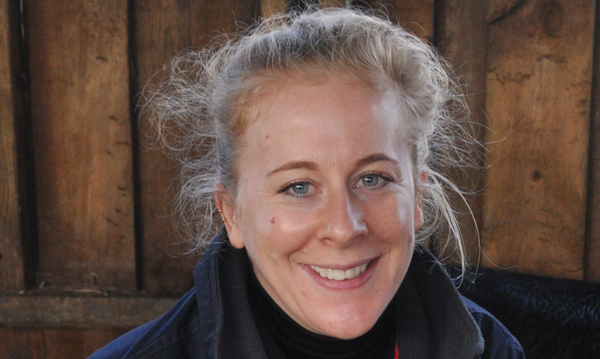As the warmer summer weather dries out ground soaked by the heavy UK rainfall during May, cattle producers are being urged to be vigilant for any coccidiosis outbreaks in calves around weaning.
The summer months are a peak risk period for coccidiosis outbreaks in spring born calves, typically affecting animals between three weeks and six months of age.
“Coccidiosis breakdowns in young calves are common during the summer, particularly around weaning. Calves’ immunity to the Eimeria parasite is quite variable at this time of year and the climatic conditions have been perfect for coccidial oocysts to remain viable in the farm environment,” warns Dr Kat Baxter-Smith, veterinary adviser with MSD Animal Health.
Dr Baxter-Smith explains that any passive immunity to coccidial oocysts gained from dam colostrum starts to wear off once the calves reach three weeks of age. The majority of spring born calves are well beyond that age now so are particularly vulnerable over the next few months.
“However, while most ruminant animals excrete some coccidial oocysts in their faeces most of the time, not all farms see clinical disease. The outcome of any infection in calves is a balance between the infection pressure from coccidial oocysts in the environment, calf immunity and stress factors such as overstocking, poor hygiene or adverse weather events.”
She adds that good management of coccidia means helping calves to avoid disease and any growth setbacks while ensuring youngstock get enough exposure to the parasite to develop good immunity.
“In ideal conditions, sound hygiene and management practices can control the level of oocyst challenge in the environment (see side panel). But on most farms, strategic use of anticoccidial treatments will be required to manage the challenge and allow immunity to develop without loss of performance or disease.
“With most immune adults excreting only a very few oocysts into the environment, it is infections in calves that result in very high levels of oocyst output. This causes heavy potential infectivity in the environment, leading to higher challenges and clinical disease in subsequent groups of youngstock.
“Anticoccidial treatments should therefore be targeted at youngstock; to allow exposure, but also to remove the parasite before there is any impact on productivity – and before further environmental contamination occurs,” says Dr Baxter-Smith.
“Timing of coccidiosis treatment is therefore crucial,” she stresses. “You have to treat only once the calf is infected but before its gut is damaged. This means detailed historical records of previous disease outbreaks are valuable, so always try to keep calves in age-related groups and treat all calves in those groups at the right time.”
She adds that treatment options for youngstock include triazinone derivatives such as diclazuril (oral drench). Calves with clinical signs of disease may also need other supportive treatments until the gut damage has had time to heal.
“Oral drenches such as Vecoxan® – which recently joined the MSD Animal Health portfolio of enteric products – are generally the most convenient way of ensuring that each calf receives the correct dose at the right time.
“Easy-to-administer as a single oral dose, Vecoxan® is a flexible coccidiosis management solution that can be used in calves of any weight, in any management system and without any environmental restrictions or meat withdrawal period. In addition, its strategic use with all young animals in a group allows natural immunity to develop in your youngstock and there’s no need to dilute manure from treated animals before spreading1.”
Managing calf coccidiosis at grass
· Avoid overstocking and stress
· Keep youngstock in tight age groups (ideally no more than 2 weeks difference across the group)
· Keep feed and water troughs clean and clear of faecal contamination
· Only turn youngstock out onto fresh pasture, not previously used that season by other calves or lambs
· Draw on your farm history and use the available anticoccidial treatments strategically


